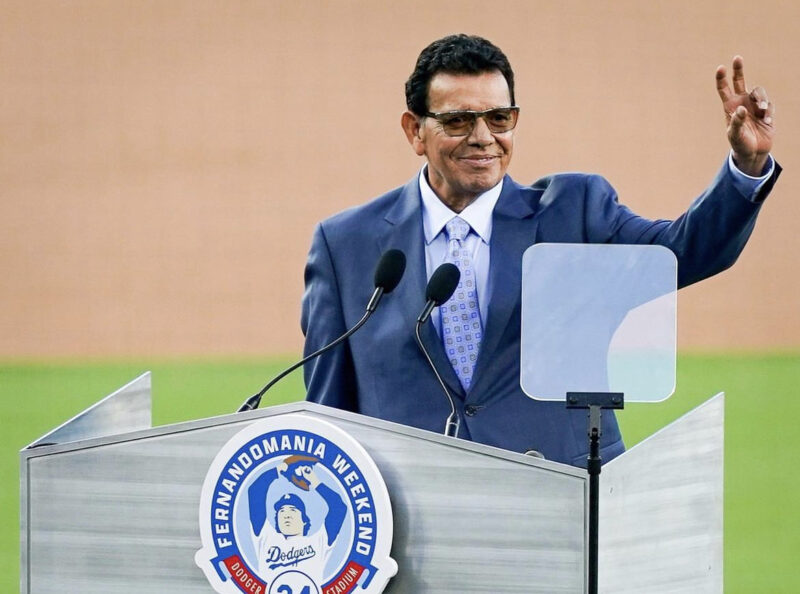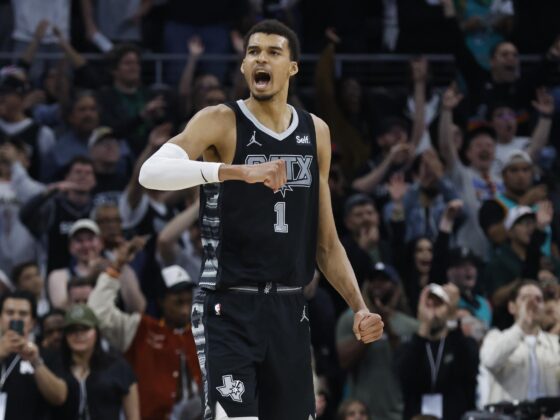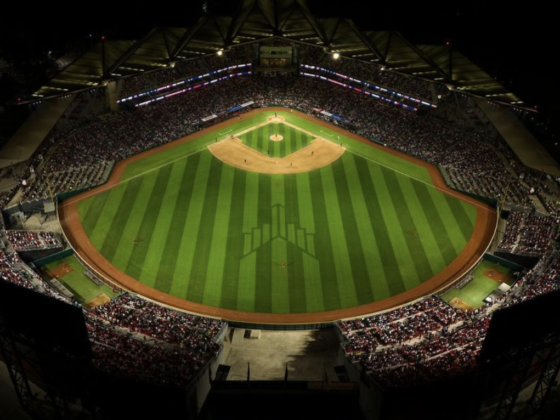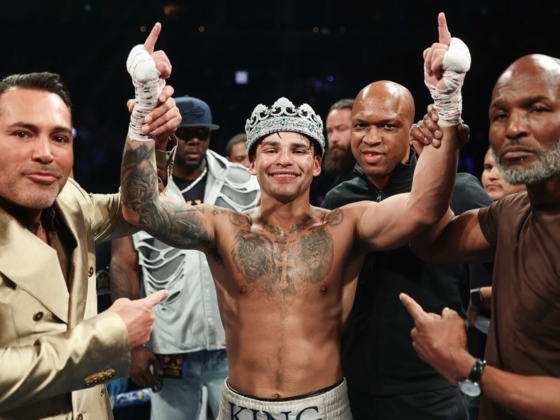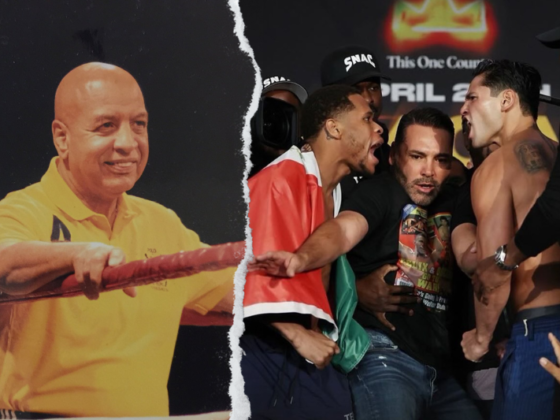As the clock struck 6:20pm on Friday, August 11th, 2023 at Dodger Stadium it was time to celebrate the official retirement of the number 34 that broke cultural barriers between Mexico and the United States years before. That indomitable ‘Toro’ who looked to the sky, to seemingly have his left arm blessed with the most unpredictable pitch in the MLB, the screwball. A certain Fernando Valenzuela who has already seen the light of his immortality in his second home.
The Los Angeles Dodgers celebrated the greatness of Fernando Valenzuela, the Mexican pitcher who is also considered one of the best in the organization’s history. Despite not being inducted into Cooperstown’s Baseball Hall of Fame, Valenzuela received the ultimate honor of immortality from the team and the fans.
A weekend celebration, starting with the ceremony that was held in his honor at DodgerStadium, which included a bobblehead and a World Series commemorative ring. Politicians, former players, and Valenzuela’s family all gathered to pay tribute to the legendary player.
Ver esta publicación en Instagram
The event, ‘Fernando Valenzuela Day’, featured speeches from Adrián González, Julio César Chavez and Julio Urias, who all expressed their admiration and respect for the pitcher. The ceremony concluded with a light show, which enthralled the audience just as Valenzuela did when he was pitching.
Behind the number ‘34’ that was finally retired to join other Dodger greats – Pee Wee Reese(1), Tommy Lasorda (2), Duke Snider (4), Gil Hodges (14), Jim Gilliam (19), Don Sutton (20), Walter Alston (24), Sandy Koufax (32), Roy Campanella (39), Jackie Robinson (42) and Don Drysdale (53); lies the joy in the hearts of millions of Mexicans and Hispanics citizens who traced in him the perfect example of the ‘American Dream’ with ‘Fernandomania’.
‘Fernandomania’: a light of hope for hispanics
‘Fernandomania’ emerged as a beacon of hope for Hispanics during a dark and hostile period in the United States. With the demolition of the Mexican-American community in ChavezRavine for the construction of Dodger Stadium and the mass migration of Hispanics, there was a strong sense of despair in the Latin community.
At just 19 years old, Fernando Valenzuela took to the mound in Los Angeles and made his debut as a pitcher for the Dodgers against the Braves. His arrival coincided with a time when the team was struggling, both on and off the field, with numerous empty seats and plummeting profits. Despite the uncertainty, manager Tommy Lasorda placed his trust in Valenzuela and named him the opening day starter in the 1981 season. They didn’t know that a phenomenon was about to explode.
‘Fernandomania’ took over Los Angeles as a result of the success and impact of a young, confident, and humble baseball player. His unique Chicano style attracted Hispanic fans to the Los Angeles venue, where they saw one of their own achieving greatness.
Valenzuela’s rookie year was particularly remarkable, with eight consecutive wins, including five shutouts. At just 20 years old, he became an idol in the United States and was namedRookie of the Year and Cy Young in the same season, an unprecedented achievement.
The script wasn’t finished. The Dodgers faced the New York Yankees in the World Series, and despite being down 2-0, Valenzuela’s performance in Game 3 helped spark a comeback, leading his team to become MLB’s champions.

Fernando Valenzuela’s success in baseball was not just luck, but rather a result of his talent and dedication. He believed that he was touched by the gods of the game, evident in his habit of looking up to the sky before every pitch.
In 1990, Valenzuela jokingly mentioned the possibility of pitching a No-Hitter as he mentioned in his documentary 30 for 30: Fernando Nation, and to his surprise, he achieved this feat against the Saint Louis Cardinals with a 6-0 victory. This achievement was one of his last great moments as a player for the Dodgers.
Valenzuela’s legacy will be forever revered, as he became an idol for millions of aspiring players and people who see him as a fighter who overcame prejudice. His jersey number ‘34’, is a symbol of inspiration and determination for many.

